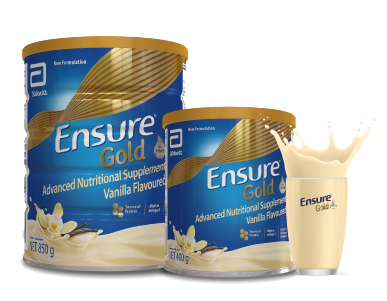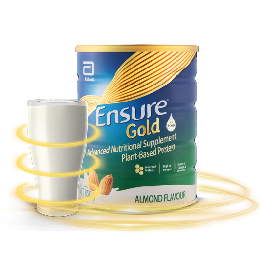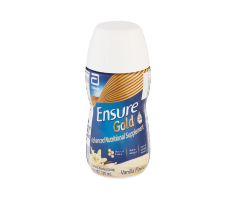It might sound like a strange term, but a toolkit for your wellbeing is a set of skills, strategies, and resources that you can rely on at any time to help you stay on top of your own wellbeing. The most important thing to keep in mind is that the toolkit is an ongoing process. So, here are some important things to help you build your own!
4. MANAGING STRESS AND IMPROVING MENTAL WELLBEING
Practice mindfulness. Mindfulness is a form of meditation that involves focusing on the present moment, rather than worrying about the past or future. It can be helpful for improving mental wellbeing because it helps you to be more aware of how you’re feeling in the moment, which can help reduce stress and anxiety.
Source:
https://psychcentral.com/lib/developing-a-wellness-toolbox#1
https://medium.com/ministry-of-change/how-to-create-your-mental-health-survival-toolkit-dbb2c6120b3b
https://online.hpu.edu/blog/wellnesstoolbox/#:~:text=A%20wellness%20toolbox%20includes%20strategies,their%20mental%20and%20emotional%20wellness
Food supplements should not be used as a substitute for a varied and balanced diet, and a healthy lifestyle. Ask your healthcare professional for guidance regarding your specific nutritional needs.
ZA-ENS-2300031, May 2023








-1-1-1.webp)
